Topics and Regions
Details
Location
Contributions
Displaying 11 - 20 of 67Gender
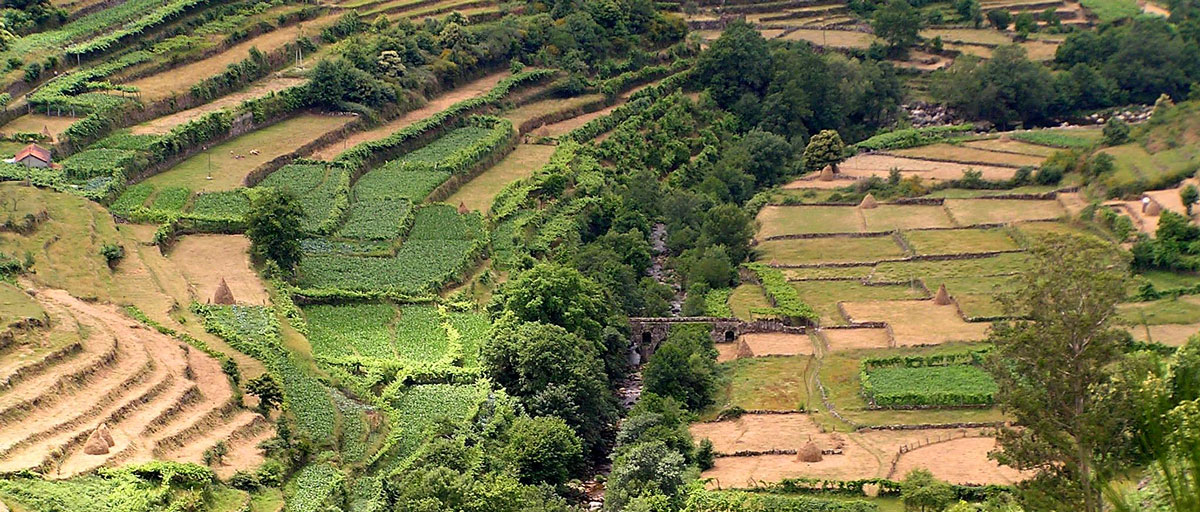
Women account for nearly half of the world’s farmers and grow much of our food —and yet their access to and control over productive land in many low and middle-income countries remains highly limited. At the same time, securing women’s land rights is linked to overwhelmingly positive social and economic outcomes for women’s households and for women themselves.
While all LEGEND outputs include gender-sensitive analysis of issues, certain outputs focused specifically on how gender interacts with land governance and land-based investment.

A global push for gender equality in land rights
Policy Papers & Briefs
February, 2016
Global
This LEGEND bulletin focuses on gender in land governance, presenting highlights from recent research and taking stock of new initiatives.
LEGEND Land Policy Bulletin 10
Policy Papers & Briefs
May, 2018
Global
This LEGEND bulletin explores early experiences and emerging lessons from four of these projects, and includes testimony from community members attesting to their positive results.
Evidence update 2: Gender, land and agricultural development in Africa
Reports & Research
October, 2016
Africa
This Evidence update builds on and nuances the conclusions drawn in DFID’s Topic Guide on Women’s Empowerment in a Changing Agricultural and Rural Context (Murray, 2015).
Transparency International
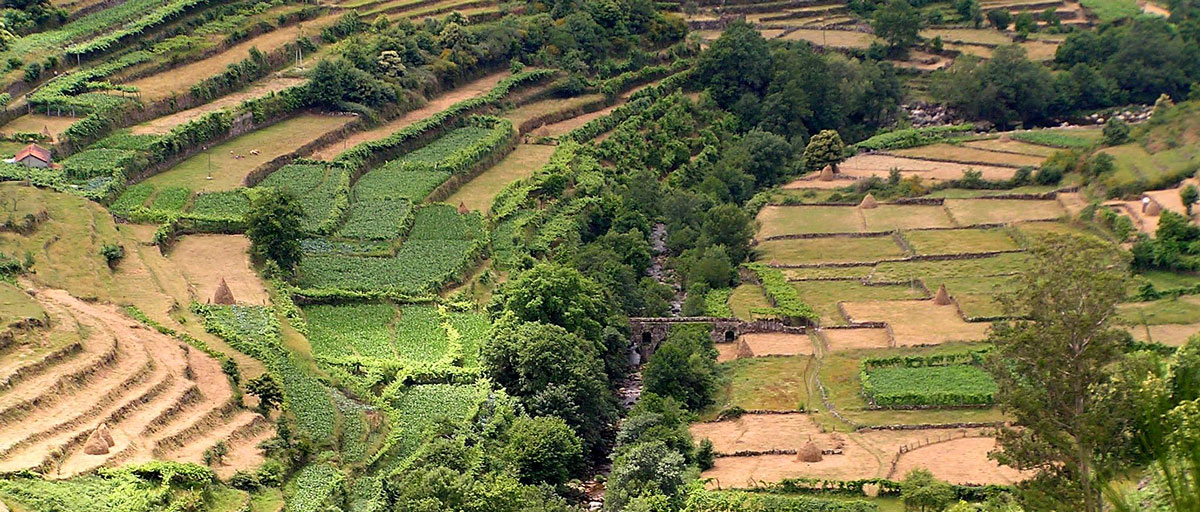
Transparency International (TI) is the global civil society organisation leading the fight against corruption. TI’s Land and Corruption in Africa programme has worked in collaboration with national chapters from across the continent to research instances and drivers of land corruption, and to develop innovative approaches to combatting its damaging effects.
Social License Platform
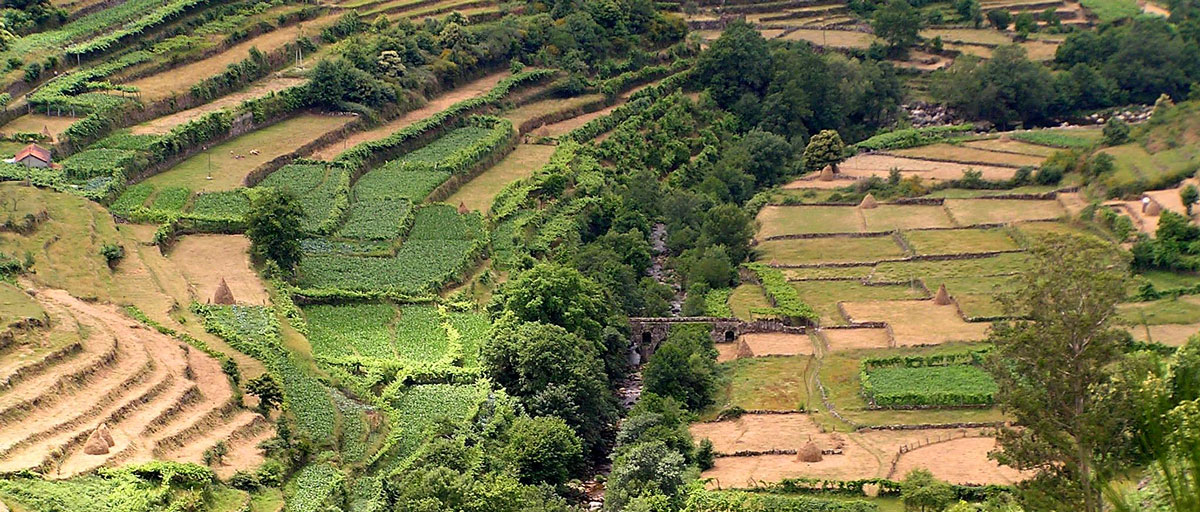
A collaboration between Landesa (link is external) and TMP systems (link is external), the Social License Platform (SLP) is a web-based service that helps companies and investors find the expertise needed to perform due diligence, meet applicable land-related environmental and social standards, and achieve smarter and more successful land-based projects and investments in land, while promoting better outcomes for local communities. The rationale for this initiative is that companies do not in general have access to relevant sources of expertise on land tenure related risks and related governance challenges on the ground in realising effective community engagement and developing sustainable partnerships. These constraints affect companies investing in land from HQ and board levels down to the day to day management of field operations, and frustrate the design and planning of more responsible investment projects and the spread of good practice. The platform companies and investors to qualified service providers including e specialist professionals, knowledgeable researchers and local and international NGOs with a view to establishing trust-based collaboration with civil society organisations, local communities and others across the investment lifecycle and in alignment with national and international best practice.
Quantifying Tenure Risk (QTR)
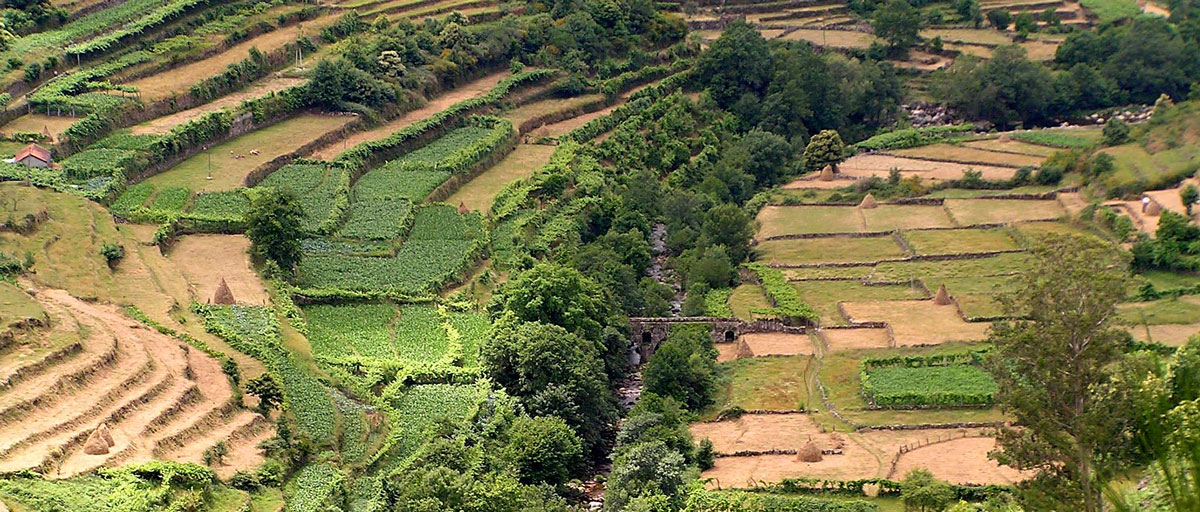
The QTR project conducted jointly by the Overseas Development Institute (ODI) (link is external), a UK based international development think tank and TMP Systems (link is external), a consultancy network that helps the private sector solve complex environmental and social problems, have sought to develop a methodology to assess and demonstrate the levels of land related risks to business that investors and companies face in land-based investments in agriculture. The QTR also assesses the impact these risks can have on the balance sheet. Land risks result from uncertain tenure conditions, and the presence of legitimate land owners and users who may be invisible to companies because of a lack of data. Land risks are frequently underestimated and can impose long delays and high costs on companies and must be taken into account if an investment project is to treat local communities, partners, employees company shareholders and others responsibly. The immediate outcome of the project is a summary report of an in depth study on tenure risk but the project also resulted in refinement and launch of Landscope, a tool for measuring tenure ris developed by TMP Systems. Landscope utilises large quantities of geospatial data on social, environmental and political conditions, and delivers an automated analysis of tenure risk at a subnational, highly localised level of granularity. It helps companies to identify the best locations for new assets; reduce the burden of environmental, social and governance risk identification in project and supplier screening; plan due diligence and impact monitoring; and improve the quality of valuations and cash flow modelling.
Prindex
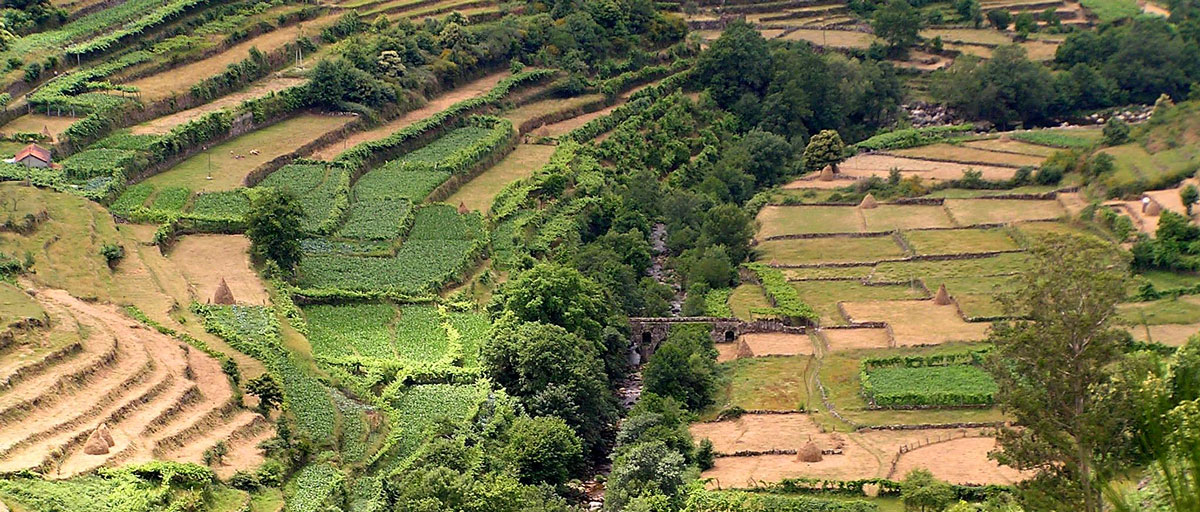
Prindex is a global index and set of tools that collects and makes available data on citizen's perception of security of their rights to property and land. People’s perceptions of security influence their readiness to invest time and money into their homes and farms and can drive social and economic behaviour in various ways. Perceptions are a critical element of tenure security, included in the Millennium Development Goals, and Prindex was established to enable accurate comparisons of perceived tenure security in different countries and under different legal frameworks for land and property rights. Prindex provides a resource for researchers, governments, entrepreneurs, and the global land rights movement to take action based on accurate and up-to-date information, and make possible the changes that will bring about more secure, productive and dignified societies. As of December 2019, Prindex provides country-level datasets for thirty-three countries based on nationally representative samples of individual women and men, not only heads of household. Prindex is collecting additional country data in collaboration with Gallup World Poll, and will cover 140 countries by mid-2020. Prindex's methodology has been refined through prior, experimental, rounds of data collection, including a nine-country pilot in 2016 and a three-country test survey in 2017. Prindex is a joint initiative of the Global Land Alliance (link is external) and Overseas Development Institute (link is external) with staff from both organisations working on the project alongside expert consultants.
Land Portal
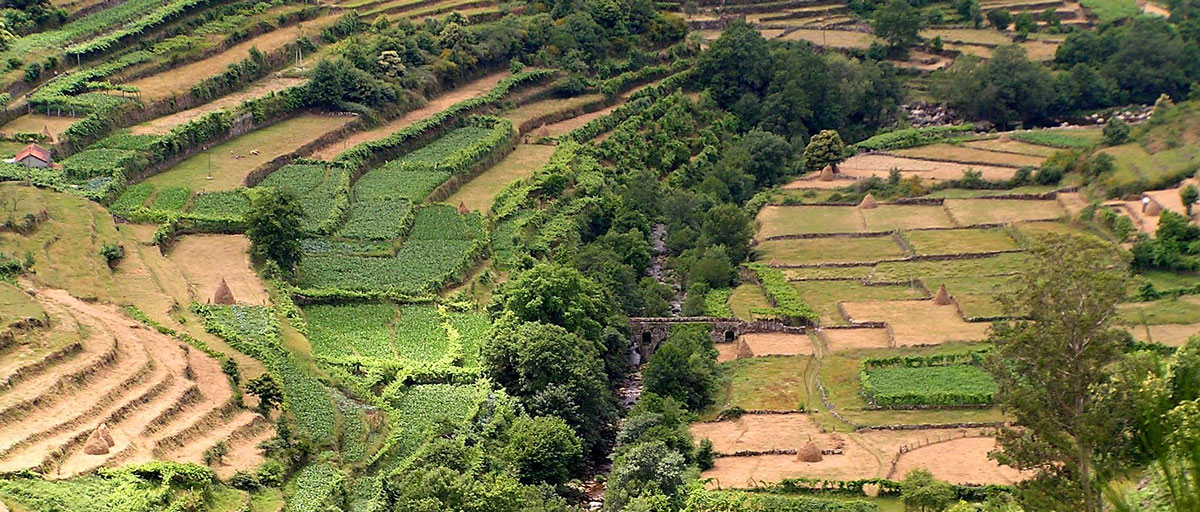
Since 2015, LEGEND has provided core funding to the Land Portal to create a vibrant and diverse online community that contributes web content, shares information, es and uses open data on land to increase transparency and good practice and influence land policy at all levels. As part of the LEGEND programme, the Land Portal works through its widely used platform to deliver structured information, tools and services; enrich global debate, promote good practice and strengthen stakeholder capacity to use land governance related information and form functional networks by developing awareness, skills, and standards-based infrastructure.
A range of tools have been created:
-
VGGT portfolio: A portfolio of web materials on the Voluntary Guidelines on the Responsible Governance of Tenure (VGGT) were designed to answer a need for better understanding on both global and local challenges including information on country-level implementation of VGGT principles. This provides a tool to navigate a plethora of resources, data and information related to implementation and monitoring of the VGGT.
-
The Responsible Land-Based Investment Navigator: (link is external) The Responsible Land-Based Investment Navigator aims to help private sector stakeholders identify and access the practical tools and guides that are most relevant to their work. It offers a wide selection of resources on a variety of topics related to supporting responsible land investment for operating companies, lenders and investors, buyers, service providers and legal advisors.
-
Thematic portfolio on land and investments: Brings together information, data and resources concerning land tenure and land-based investments, including existing international standards and the ongoing initiatives, challenges and lessons learned. This includes the lessons from recent LEGEND partnership projects and other pilots in sub-Saharan Africa and ongoing initiatives aimed at increasing investment transparency.
Interlaken Group
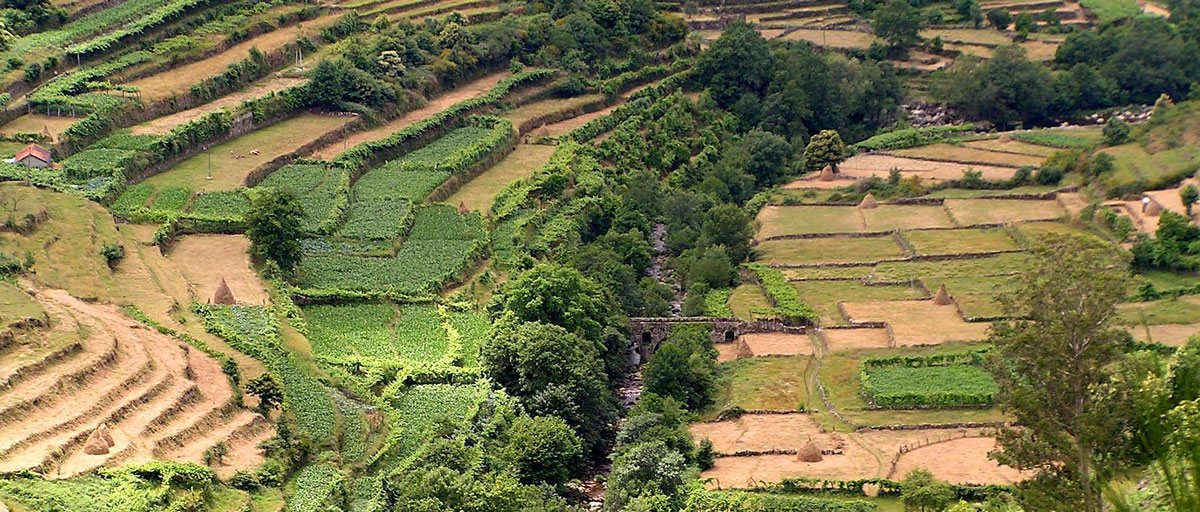
The Interlaken Group (link is external) is an informal network of individual leaders from influential companies, investors, CSOs, government, and international organizations, assisted by LEGEND funding since 2015. The purpose of the Group is to expand and leverage private sector action to secure community land rights. Together they develop and disseminate new tools, incubate in-country working groups for community tenure implementation, and advance new “pre-competitive” mechanisms to accelerate private sector learning on responsible land rights practices. The Interlaken Group was formed at the Rights and Resources Initiative (RRI) 2013 International Conference (link is external). DFID funding is provided through RRI, which hosts the secretariat.
Over the course of 2018 and 2019, the Interlaken Group has worked with LEGEND partners to catalyze three new in-country working groups in Kenya, Malawi, and Laos. The purpose of these platforms is to accelerate the implementation of land tenure reforms by providing new spaces for collaboration and partnership between local private sector stakeholders, CSOs, and developing country government representatives. Some of the resources that the Interlaken Group has published include:
-
Respecting Land and Forest Rights - A Guide for Companies: aims to help staff and suppliers make sense of company’s responsibilities under the VGGT.
-
Land Legacy Issues- Guidance on Corporate Responsibility: aims to inform companies’ operational teams and specialist service providers on how to address complex legacy land rights issues and conflicts arising on “brownfield” sites previously held and operated by other companies.
-
Emerging Corporate and Investor Practice to Support Community Land Rights- Case studies from Malawi, Mozambique, and Malaysia: details examples of agriculture and forestry companies highlighting challenges faced in pursuit of best practice on land issues, and innovations used to overcome them.
Columbia Center on Sustainable Investment (CCSI)
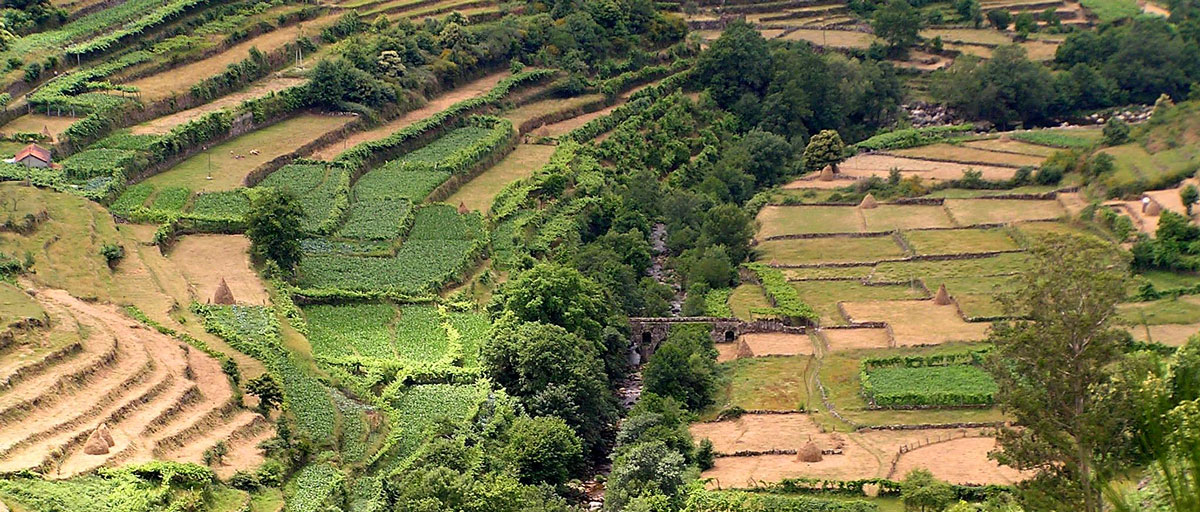
The Columbia Center on Sustainable Investment (CCSI) (link is external), a joint center of Columbia Law School and the Earth Institute at Columbia University dedicated to the study, practice and discussion of sustainable international investment. As a partner in DFID’s LEGEND program, CCSI has created tools and conducted a suite of practice-focused research concerning the following topics as they relate to large-scale land-based investments in the global south.
-
OpenLandContracts.org. the focus of DFID’s support, is a repository of publicly available investment contracts for land, agriculture, forestry, and certain renewable energy projects. It benefits a wide variety of actors by making these technical documents easier to access and understand. Companies can use it for due diligence regarding potential concessions. OpenLandContracts.org (link is external)can also facilitate alignment with international transparency best practices by providing a centralized platform for contract disclosure. Other activities supported by LEGEND funding include:
-
Addressing Legal Support Gaps. Governments, communities and investors all need better and more accessible legal and technical support. CCSI analyzed host governments’ support gaps, and prepared a primer investment contract negotiations for government lawyers and those in private practice. In partnership with Namati, CCSI has prepared guides (link is external)for communities interacting and negotiating with investors, and taken steps to advance innovative financing solutions for legal and technical support to communities.
-
Access to Justice. CCSI is investigating how international investment agreements and investor-state dispute settlements, create or exacerbate barriers to effective remedy for individuals and communities, including those affected by large-scale land-based investment, while offering unique means of access to remedy for foreign investors.
Namati
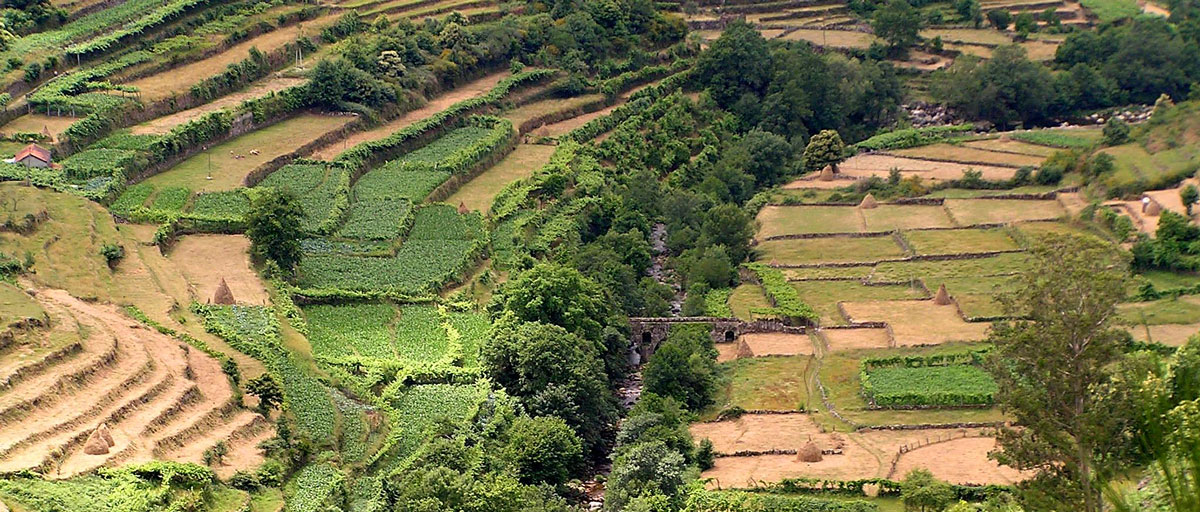
Namati (link is external)champions the role of grassroots legal advocates, or “community paralegals” who are trained in basic law and skills for mediation, organizing, education, and advocacy. This enables them to assist communities to secure rights to land and natural resources in three key ways: documenting community land claims and strengthening local land governance before investment projects arrive, supporting communities to negotiate equitable deals, and monitoring and promoting compliance with the terms of investment once agreements are reached.
Namati is a legal empowerment and support organisation which LEGEND has supported to help thousands of individuals and communities in Kenya, Sierra Leone, and Myanmar to resolve land rights cases and associated conflicts. In its close collaboration with LEGEND’s challenge fund projects, Namati also works to ensure that its grassroots support work has wider impacts by:
-
Using case data to drive changes to systems (link is external) that impact entire nations;
-
Studying its work carefully to advance learning and rigor within the field; and
-
Strengthening grassroots organizations via a global community of practice (link is external), and channeling collective efforts to advocate (link is external) for global financing and protection for paralegals.
Cadasta
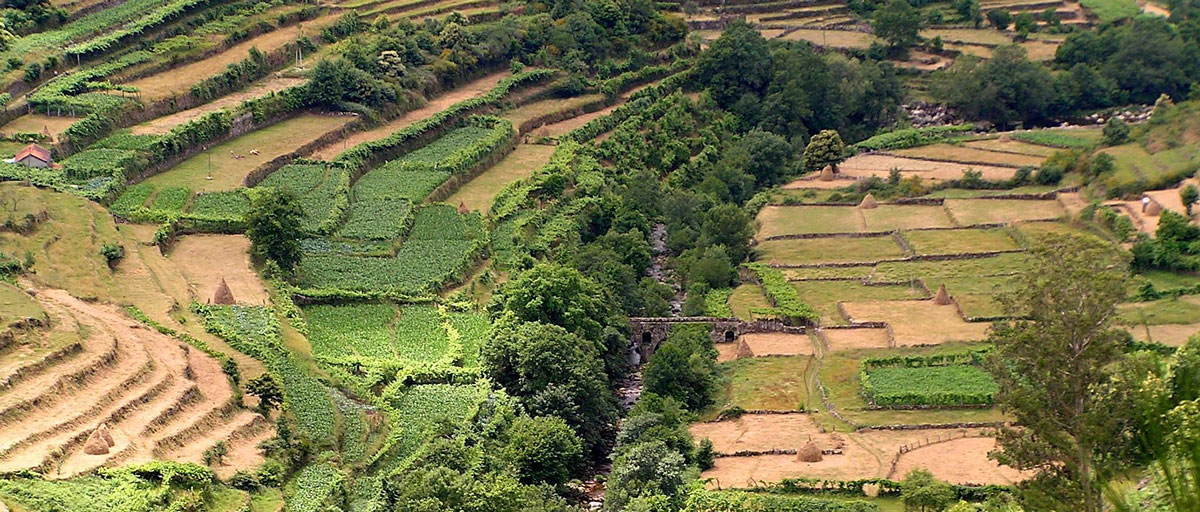
Founded in 2015, Cadasta (link is external) develops and promotes the use of simple digital tools and technology to help partners efficiently document, analyze, store, and share critical land and resource rights information. By creating an accessible digital record of land, property, and resource rights, Cadasta helps to empower individuals, communities, organizations, governments, and businesses with the information they need to make data-driven decisions and put vulnerable communities and their needs on the map.
With LEGEND’s support, Cadasta has been able to launch and build our organizational infrastructure to achieve real impact. Cadasta has developed a platform and tools to support the documentation of land and resource rights, and continue to improve the technical tools based on user feedback. To date, over 1.7 million people from 815 communities in seventeen countries are documented on the Cadasta Platform, leading to over 71,000 formal tenure documents issued by governments. Much of this was accomplished through partnerships and collaboration with seven of the LEGEND grantees.

